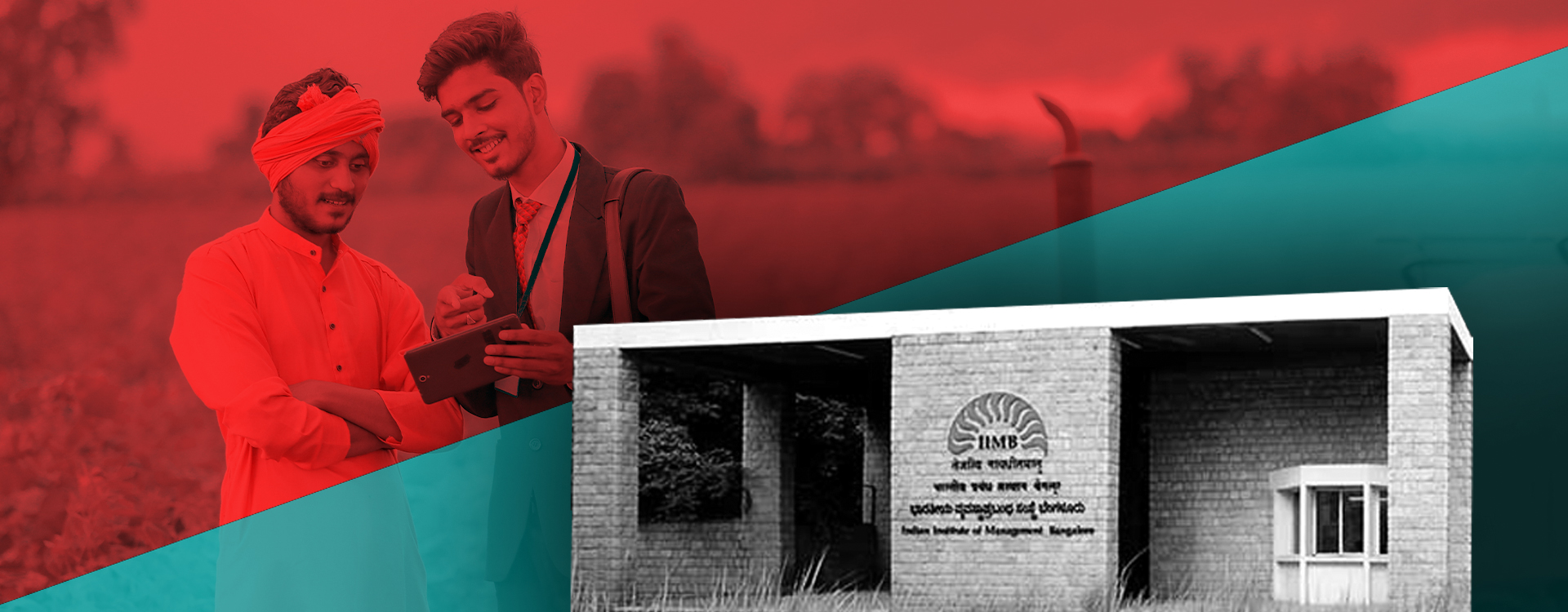Every dream, passion or an innovative idea to start a business initially needs a little support and faith. Incubation programmes are designed to support early stage startups and business ideas. It provides startups, which are in their nascent stage, with mentoring and management. Along with this, these programmes also provide entrepreneurs an access to market resources, giving them networking opportunities and work on their business skill training.
What is Rural Entrepreneurship Incubation Programme?
Nadathur S. Raghavan Centre for Entrepreneurial Learning (NSRCEL), the innovation and entrepreneurship hub of the Indian Institute of Management (IIM) Bangalore in collaboration with Buddha Fellowship Program (BFP) launched an incubation programme, Rural entrepreneurship Incubation Programme. The idea behind this incubation programme is to enhance the entrepreneurship and startup ecosystem of rural India.
The programme aims to engage, enrich and foster young emerging entrepreneurial minds to help in the upliftment of rural India and real time gaps in supply chain management of corporates using an enterprise approach. This will help create a sustainable livelihood and will also create self-employment opportunities.
Who Does It Benefit?
The programme is for young graduates from leading universities who have a passion to work for the country’s upliftment. It is also for those who are wishing to work in the development sector, even if they’re from corporate backgrounds, or early stage entrepreneurs, all are welcome for this programme. The programme will be focusing on three sectors
- Rural Livelihoods (Farm, non-farm, off-farm)
- Health and Nutrition
- Education
With the mission to back entrepreneurs to build ‘Atmanirbhar Bharat’, the programme will benefit the rural and home-grown entrepreneurs. It will transform the development sector by providing knowledge and awareness on scaling, branding, marketing and will support rural professionals to pursue their aspirations to become development entrepreneurs.
‘‘
The programme aims to engage, enrich and foster young emerging entrepreneurial minds to help in the upliftment of rural India.
Programme Highlights
Some of the major highlights of the Rural Entrepreneurship Incubation Programme are:
- It will be having top-notch mentors from industry, government, academics and development sector to extend help to the young talents.
- It will provide a wide rich ecosystem and networks of NSRCEL and BFP for strategic business technology based partnerships with leading universities like IITs and IIMs. Even the Ministry of Rural Development (MoRD), Rapid Rural Community Response to COVID-19 (RCRC), Tribal Co-operative Marketing Development Federation of India (TRIFED), and Principal Scientific Advisory will also be a part of the extended help.
- It will also provide an opportunity to pitch for incubation. This includes 1 month of rural immersion followed by a 9-month incubation period, handholding support aided by quarterly entrepreneurship clinics and one-on-one mentoring.
- It will also help in funding and 6 months post incubation support.
What Does it Aim to Achieve?
It aims to back rural entrepreneurs who aspire to build a successful business and in turn build a futuristic India which is inclusive for its less privileged and marginalised communities. The programme also wants to strengthen the business model. The outcomes of this programme will be:
- Learning marketing for B2B, B2C, sourcing, grading and packaging
- Stabilised and sustainable business with strong team and financial systems.
- It will teach entrepreneurs how to pitch to investors and work with the government to avail subsidy.
- It will also work on networking and communication skills.
Suggested Plan of Action For Aspiring Entrepreneurs
Startups or entrepreneurs who have a registered enterprise should apply for the programme. This is the best opportunity for those entrepreneurs working in solving the rural problems like agriculture, nutrition, livelihood enhancement, healthcare, education, etc. and who are operational for a minimum of 1 year. Entrepreneurs who have a clear understanding of micro and macro level business should submit their forms.
Applicants with a viable solution to the current problems and potential social or financial impact on rural communities will be shortlisted for the incubation programme.




